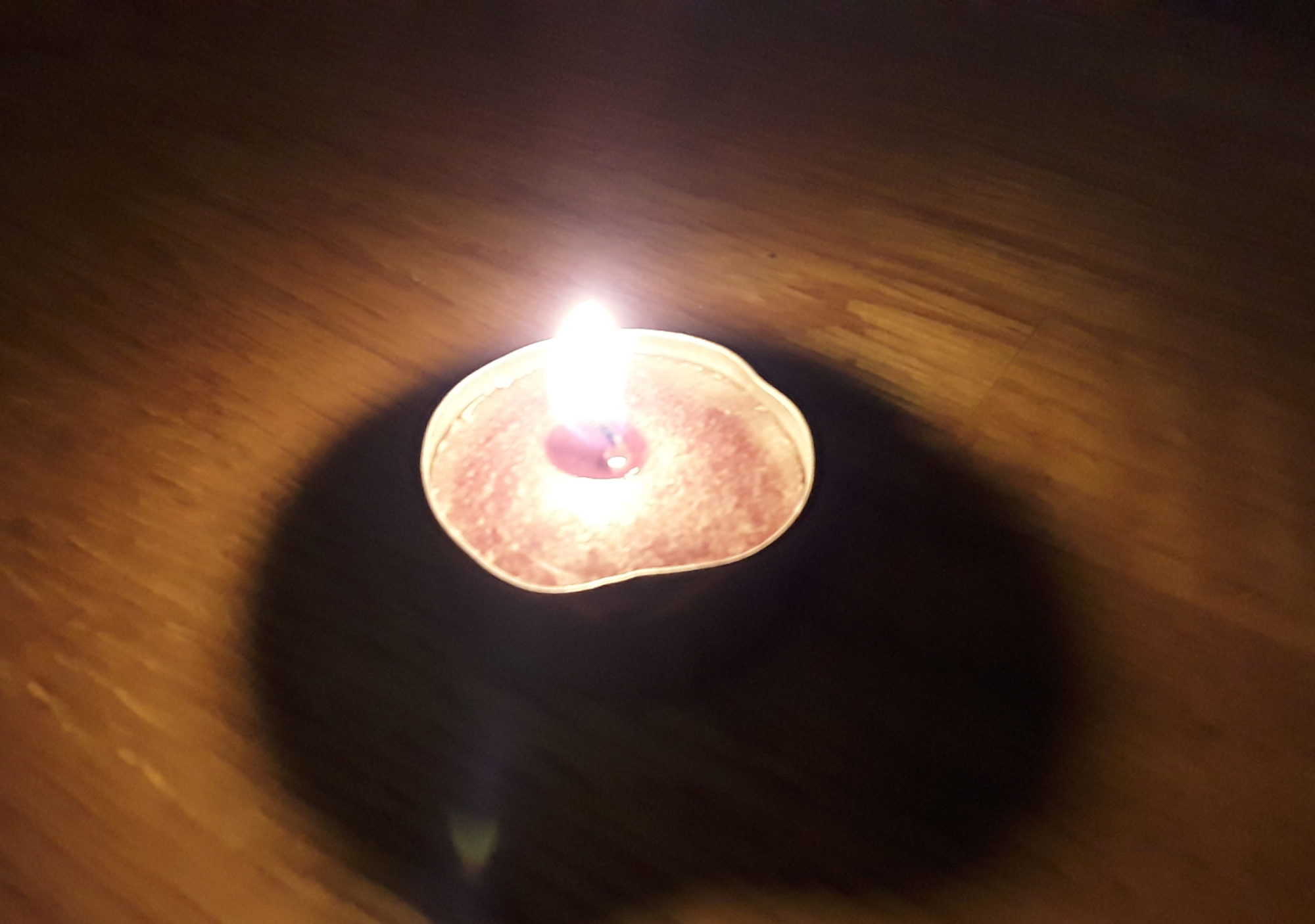This morning as I entered the church I was going to be worshiping at I overheard some say that the Eucharistic Hymn was to joyful. This individual like many of us are used to church being a solemn and serious affair. In many ways this solemnity seems to indicate the authenticity of the actions and rituals that we are taking part in. However, if we take a moment to step back we realize that as we live we have moments of profound sorrow and profound joy. Sometimes authenticity is achieved with solemnity, but sometimes (especially in modern times) authenticity is more off-the-cuff, more cheerful.
Worship as a result partly should mimic this realism, but I am also reminded of the liturgical seasons of the church. While some seasons are purely about preparations for things to come, and then later celebrating, others are about purely living. As we are now in the season after Pentecost, what some even term ordinary time, it only seems that we should be celebrating our voices, our cultures, and the ways in which we find God apparent in our world.
